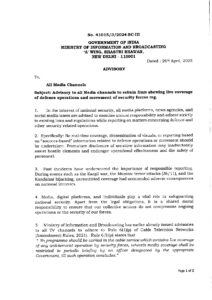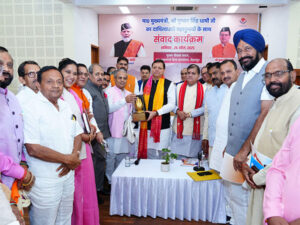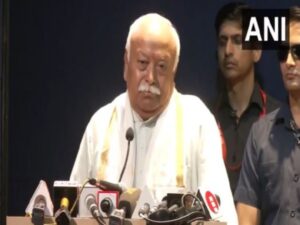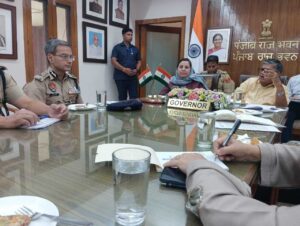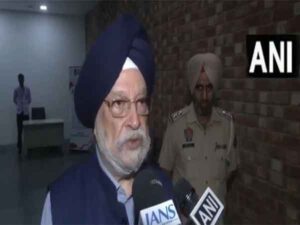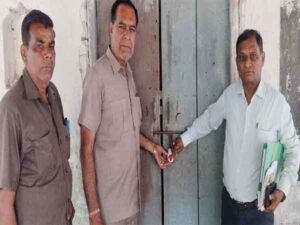Protest march case: SC stays proceedings against Karnataka CM Siddaramaiah, others
New Delhi, Feb 19 (PTI) The Supreme Court on Monday stayed criminal proceedings against Karnataka Chief Minister Siddaramaiah and others in connection with a protest march held in the state in 2022.
Issuing notice to the Karnataka government, a bench of Justices Hrishikesh Roy and P K Mishra also stayed the proceedings against Congress general secretary and Karnataka in-charge Randeep Singh Surjewala, state ministers M B Patil and Ramalinga Reddy.
The top court also stayed the Karnataka High Court order, which had imposed a fine of Rs 10,000 on them and directed them to appear before a special court on March 6.
“Issue notice. Returnable in six weeks. In the meantime, further proceedings against the petitioners are stayed,” the bench said.
At the outset, senior advocate Abhishek Singhvi, appearing for Siddaramaiah, submitted that it was a “political” protest and the criminal case was a violation of the right to protest under Article 19(1)(a) of the Constitution.
The senior lawyer said in a democracy right of freedom of speech and protest is paramount and is guaranteed under the Constitution and the only restriction envisaged is when public order is impacted.
Singhvi submitted that a political protest conducted peacefully without any criminal intent cannot be muzzled by using penal provisions.
At this juncture, the bench observed that if the submission is accepted, then every public protest on the road, disrupting normal life, should be allowed on the grounds of Article 19(1)(a) of the Constitution.
“Your argument is that if a politician does it, it has to be quashed, but if there are other group of people doing demonstration, then they cannot do it. Only politicians have the right under Article 19(1)(a). How can it be quashed just because it is done by a politician?”
“Did you seek permission for the demonstration? You cannot assemble in thousands and say that you are protected” Justice Mishra said.
Senior Advocate Kapil Sibal, also appearing for Siddaramaiah, submitted that the case was about a “law and order allegation” and not a “public order allegation”.
“Law and order” cannot be the basis of restriction of my fundamental right to protest. Otherwise every protest would be hazardous and every public protest will be illegal,” Sibal said.
Siddaramaiah had moved the apex court against a Karnataka High Court order that has dismissed his plea to quash an FIR lodged against him and others in 2022.
The Congress leader has challenged the February 6 order of the high court that has imposed a fine on him as well as Surjewala, Patil and Reddy, and directed him to appear before a special court on March 6.
The case was registered against the Congress leaders after they took out a march to lay siege to the then chief minister Basavaraj Bommai’s residence in Bengaluru, demanding the resignation of K S Eshwarappa, who was then the rural development and panchayat raj minister in the southern state.
The agitation was staged after a contractor, Santosh Patil, died by suicide accusing Eshwarappa of demanding 40 per cent commission on a public work in his village.
According to police, the case pertained to blocking roads and causing trouble to commuters.
Holding that none of the “quintessential” ingredients of the offences alleged was made out, Siddaramaiah has said in his plea that the proceedings are an abuse of the process of law and would lead to undue harassment.
“The incident complained lasted for almost an hour and no violent action or use of criminal force has been alleged against any of the members of the procession, it is thus submitted that the prosecution cannot be allowed to continue on such frivolous incidents where no allegation of criminality has been attributed to any of the members of the assembly,” the plea stated.
In his plea before the top court, Siddaramaiah has said there is no allegation that the protest led to any violence or use of criminal force to pose an imminent threat to the public at large or to anyone, including the minister.

